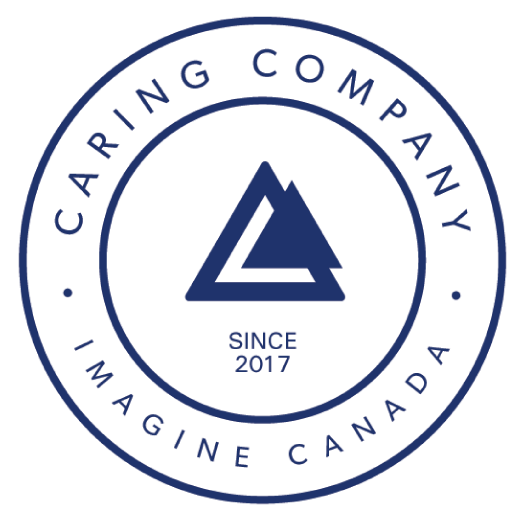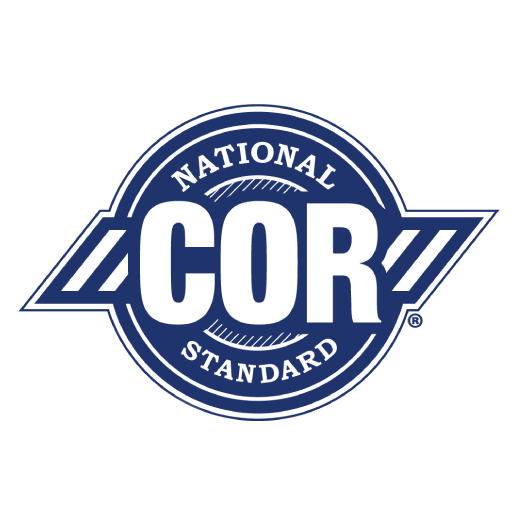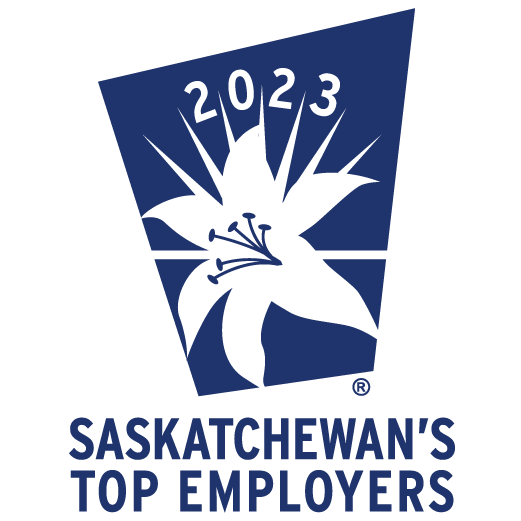A 100% Saskatchewan-owned co-operative.
When people get together, what they can accomplish is truly amazing: adversity is overcome, charities are supported and communities are built. Access Communications Co-operative has been privileged to work with the people of Saskatchewan to make those things happen in the communities we serve. We’re proud to work with the people of Saskatchewan to make great things happen.








What is a Co-operative?
A co-op is an organization that is owned and democratically controlled by its members and is designed to meet its members' needs, by providing goods or services to its members. The International Co-operative Alliance's Statement on the Co-operative Identity states that a co-operative is an “autonomous association of persons united voluntarily to meet their common economic, social, and cultural needs and aspirations through a jointly-owned and democratically-controlled enterprise.”
In a co-operative, people work together for a common goal or purpose. The members of co-ops use the services or products of the co-op and control what the co-op does.
All co-operatives also embody the seven international co-operative principles. The co-operative principles are guidelines by which co-operatives put their values into practice.
Co-operative Values and Principles
Co-operatives are based on the values of self-help, self-responsibility, democracy, equality, equity, and solidarity. In the tradition of their founders, cooperative members believe in the ethical values of honesty, openness, social responsibility and caring for others.
The seven international co-operative principles are guidelines by which every co-op in the world put its values into practice.
- Voluntary and Open Membership: Co-operatives are open to everyone who wants to join, as long as are willing to accept the responsibilities of membership – which are different for every co-op.
- Democratic Member Control: Co-operatives are controlled by their members who actively participate in making decisions. Co-ops make decisions based on “one member, one vote”.
- Member Economic Participation: Members contribute money to the co-op and also make decisions about how the money within the co-op is used. Sometimes profits are used to make the co-op better, sometimes the profits are given back to the members (based on how much they have used the co-op), and sometimes profits are used for other things that the members decide on.
- Autonomy and Independence: Co-ops are controlled and led by their members. If they work with others, including governments, they only do it if their co-op is still controlled by their members.
- Education, Training and Information: Co-ops provide education and training for their members, Board of Directors, and employees. They tell people - especially young people - about co-ops and what co-ops do.
- Co-operation among Co-operatives: Co-ops work together and support each other.
- Concern for Community: Co-ops do things to build and support their communities, in ways their members think important.
Co-operative Education
Education is one of the co-operative principles. Learn more about co-operatives with these University of Saskatchewan training courses.
Interested in becoming a member of our co-operative?




